Imposter Syndrome and Gardening in a Drought
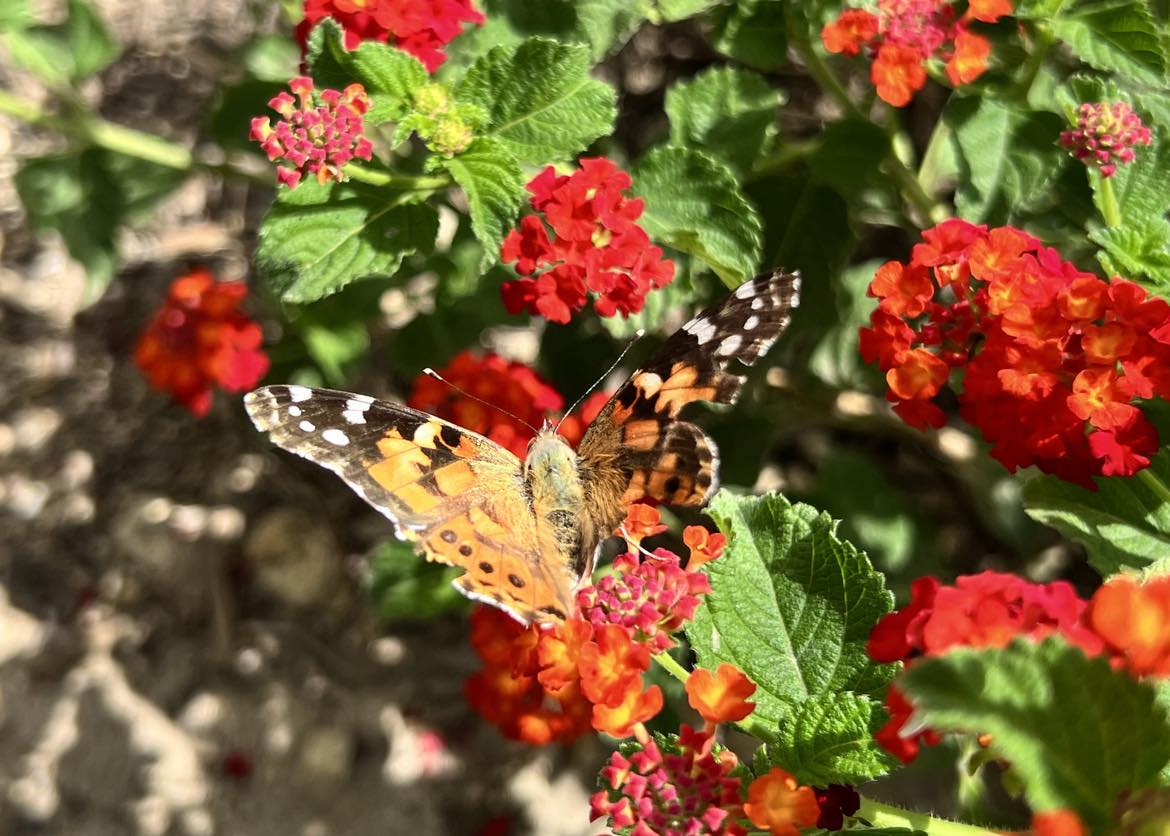
A couple weeks ago, was Armadillocon, my favorite con of every year, and I was on the imposter syndrome panel, among others, a tough panel to be on under the circumstances. I love gardening, but it’s hard when all around you is dust and baking heat.
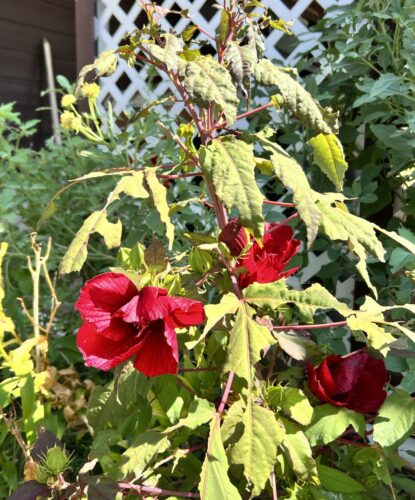
Normally, after Armadillocon, I would write an after action report, and blog about it or send an email out to my subscriber list, all full of the joy of seeing my friends and talking about writing until I’m fired up to do it for another year. But I had some difficulties at the con this time. I have issues with depression and ADHD and some CPTSD just for spice. (There might be a reason why I identify so well with my neurodivergent main character in Precise Oaths.) The imposter syndrome panel centered the essence of the issue. Being an author is a giant imposter syndrome trap. Every sale, every review, every book, every acceptance and rejection, is just a milestone to a journey where you never really arrive. But it’s also a situation where you constantly are selling yourself and your work. No matter how successful you are, you’re never quite there, but there’s a lot of pressure to constantly pretend that you are. It’s like you’re always trying to show everyone your pretty blooms, while you’re growing in a dessert.
I garden for a hobby, and the Texas drought has been brutal on my gardens. Yet, you’d never know it by looking at my Facebook or Instagram. I show the blooms and the butterflies, not all the poor brown, dead plants, killed by the awful unrelenting heat now matter how much water I give them, no matter how much work and love I pour into trying to save them.
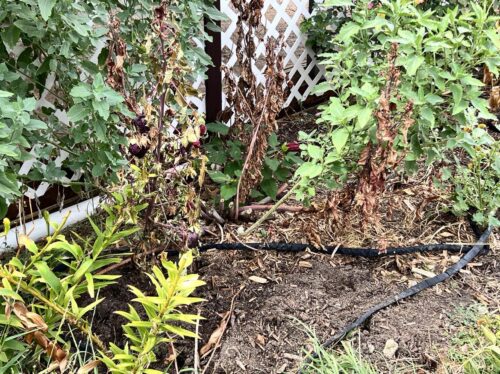
It’s so much the same.
A couple of folks at the con told me they got a lot out of the imposter syndrome panel I was on. Ilona Andrews attended the imposter syndrome panel and wrote a blog post about it. Jesse Mihalik was on the imposter syndrome panel with me, and also wrote a post about it. She said probably the most insightful thing I heard. “Your brain is really good at moving the goalposts.” Unfortunately, she didn’t get a chance to say much else.
I did the thing that I always try to avoid having folks do when I’m moderating a panel. I talked too much and didn’t let others talk enough. Bleah. I hate it when others do that, and I’m the one stuck at the end of the table getting like two sentences in edgewise. My brain was not in a good place, and I didn’t quite burst into tears on the panel, but it was a near thing.
I started with a short biographical story, which I’d intended to get out of the way early. It was a good story, and I felt good telling it. I figured that was the main thing I’d say. Aside from that, I’d just listen to what others had to say, but it didn’t quite turn out that way. Best laid plans and all.
This is the story I told:
Many years ago, I was married to a different man.
I submitted my first story to Marion Zimmer Bradley’s Sword and Sorceress anthology, and got back, “This was a perfectly good story, but I just bought another similar story, so I can’t use it.” An excellent rejection for my first attempt as a twenty-three-year-old to get published in a professional market. I’d submitted to her specifically as a test to see if my writing was professional level. MZB was notorious for sometimes brutal rejections. She’d been known to tell folks they needed to take up knitting since writing was clearly not a good hobby for them. “Perfectly good story” was enough to have me thinking I might actually be good at this fiction writing thing.
So, I crafted another story, specifically for that market, and tried again when I was twenty-four. MZB, who was known for prompt responses, didn’t respond for some time. Finally, after about eight weeks, I got a response in a hand written letter. “I’m sorry I kept your story out of circulation so long. I loved this story and wanted to buy it, but unfortunately it got cut in the last round to keep the length of the anthology reasonable.” I was a little disappointed, of course, but mostly over the moon.
She loved my story!

I showed my then husband this marvelous hand-written letter. His response was, “I don’t know why you bother submitting stories. You have a better chance of being a rock star than a writer.”
I felt like the floor vanished under my feet.
As a baby writer, taking my first tentative steps and wondering if I could really do this, I felt like that letter said, “Yes, you’re a writer.” Or, at least, you could be. And my husband, who I loved and trusted, said exactly the opposite. “You have no chance. Why do you even try?” Hard not to take the opinion of the man standing in front of you over a person you never met. I was suddenly embarrassed that I’d ever even thought I might be good enough to get paid to write fiction.
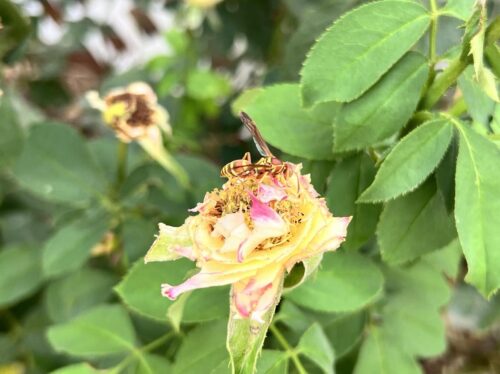
For 9 years more, I stayed married to that man. For 15 years, I didn’t submit another story to any market.
Jump forward to about a week before Armadillocon, I went to a little author event at the library in Copperas Cove. Elizabeth Moon, who should need no introduction if you’re an SFF fan, was there, and I told her this story. She’d had a brain injury a few years back from a bike accident and a horse accident back to back. It cost her a chunk of her memories. She didn’t remember being the one who changed the course of my writer career in 2005. So, I told her the story, the same one I told at the beginning of the imposter syndrome panel at Armadillocon.
In 2005, when I’d been married to a far more supportive man for about 4 years, I used to fence (rapiers, not boundary posts). Elizabeth and I both practiced with a small group at the home of our mutual friend, David R. Watson, aka Iolo, an outstanding fencer and teacher (who just published an awesome historical fantasy with dogfights between dragons and biplanes). But it had poured rain that day, and Iolo’s back yard was a mess of mud. Instead of fencing, the whole group stayed inside and chatted. The only person there who was NOT a writer turned out to be my new and improved husband, so we all traded writing stories.
Elizabeth showed us her Nebula award, which she’d just gotten for best Novel of 2005, The Speed of Dark, and had in her purse. The award had a typo on the bottom which she thought was hilarious. Clearly, the Nebula folks could use a good copyeditor.
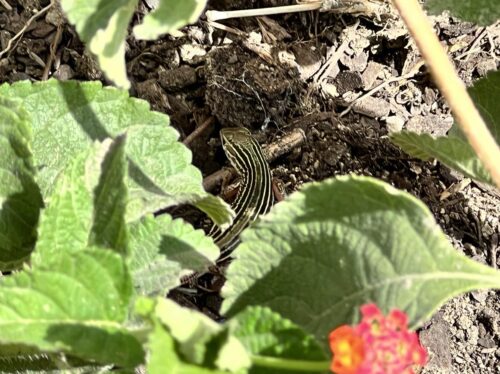
When it was my turn, I told the story of the hand written letter from MZB, and not submitting anything since then. I’d kept writing, of course. I could no more stop writing stories than I could stop breathing.
Elizabeth frowned at me sternly, and said, “If Marion Zimmer Bradley said you were a good writer, then you’re a good writer. Get off your ass and start submitting.”
Three months later, I sold my first story.
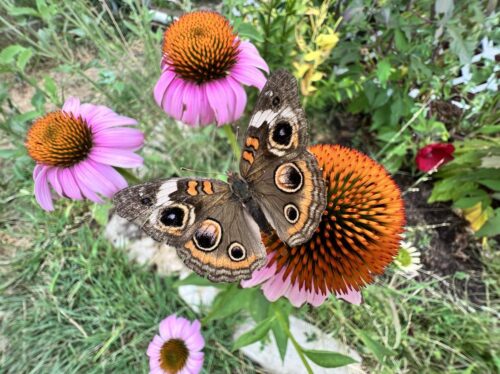
And I kept selling stories. Then a collection. Published a novel. Edited an anthology. Got an agent. This year, I published the first book in a new fantasy series that’s getting excellent reviews, Precise Oaths of the Liliana and the Fae of Fayetteville series.
In some ways, the story I told Elizabeth, and repeated at Armadillocon, was about imposter syndrome. In other ways, I think it’s a story about how much we influence others with our words, and maybe about how hard it is to be a gardener in a drought. To the world, I always do my best to show flowers and butterflies, no matter what. I even see beauty in the spiders.
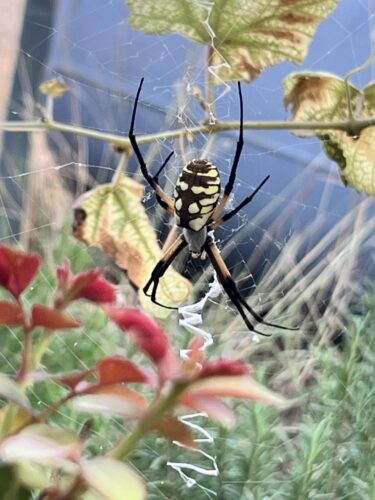
But the weekend of Armadillocon, it was a struggle not to let the brown, dead plants that burned and withered no matter how much work I put into trying to nurture them, show to the world. I was feeling a little broken, and the longer that panel went on, the deeper my brain sank into the pit.
Right now, it’s pouring down rain outside. Tomorrow, the high isn’t supposed to be over 100 F (37 C) for the first time in months. I have hope that the drought is finally broken.
I hope that I can get past the dark whisper in my mind that says I’m fooling myself. I have as much chance of being a rock star as a writer. It doesn’t matter how good the book is, no one will ever read it. And even if it sells, the next one probably won’t. No matter how many goals you hit, there’s always another one further down that you haven’t hit. There always will be. That’s the nature of the game.
Even when the drought breaks, it takes a lot of work and a lot of faith to make a rocky hilltop into a garden. Mostly, I just take the rain when I can get it, and keep showing the world the flowers and the butterflies. Keep writing books. Keep publishing, keep trying to convince the world, and myself, that I’m good at this author thing.
If there’s one lesson out of all of this, it’s certainly that your brain keeps moving the goalposts. That was an inciteful comment. But maybe, more importantly, it’s to be kind and encouraging to everyone you can. You never know when that’s the bit of rain they need to keep on going, and find another flower.
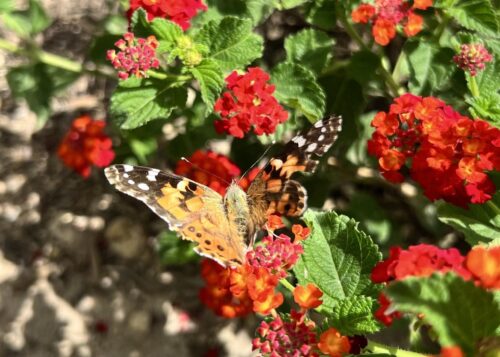
(PS. I know MZB said some ugly things as an older woman, but back in the day, I loved the Darkover books and later, the Sword and Sorceress series. As a teen and young woman, she was my writing hero.)
